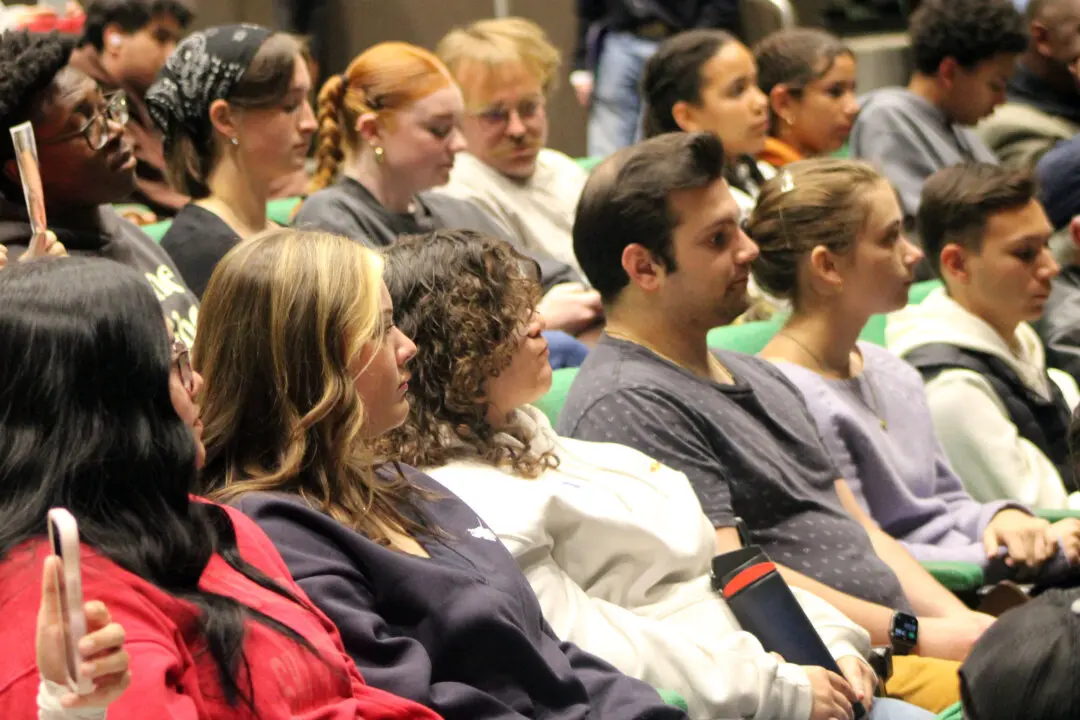Commentary
Should parents or public schools be in charge of children’s development as they enroll in taxpayer-funded schools? In recent times, there have been battles over critical race theory and transgender ideologies in countless numbers of school districts throughout California and other states. Too many districts have folded to the overreach of state pressure and LGBT activist groups, who bully districts to include woke ideologies in their curricula.





